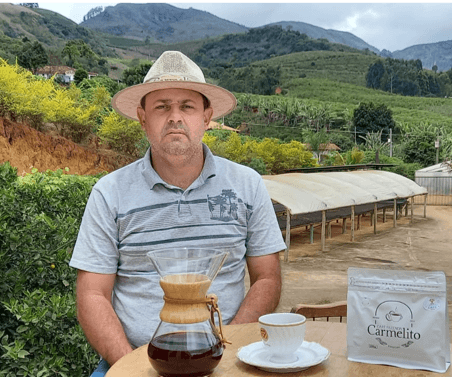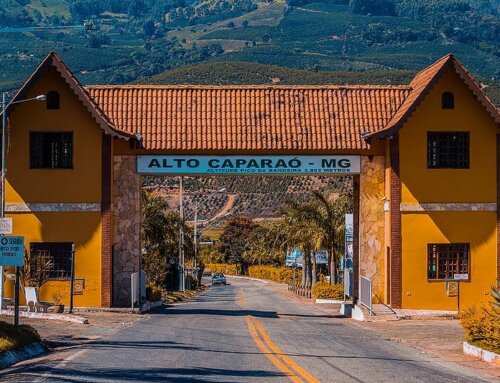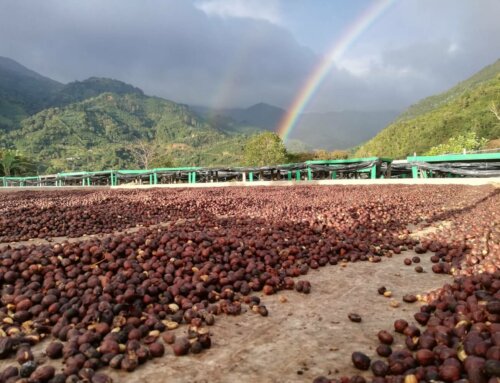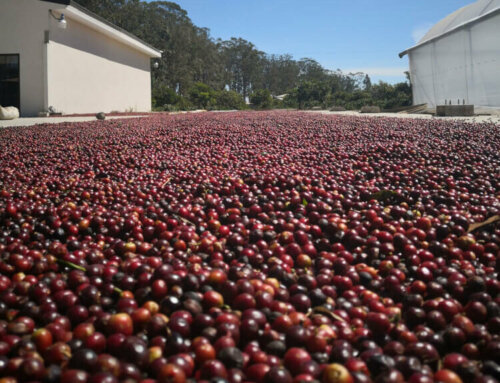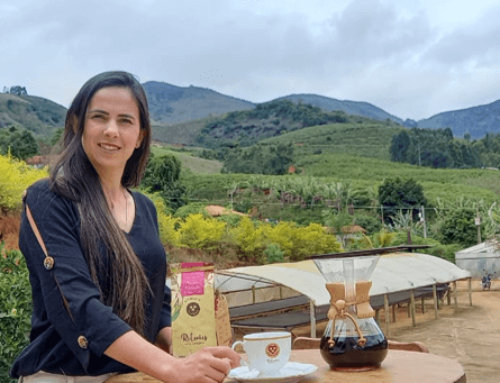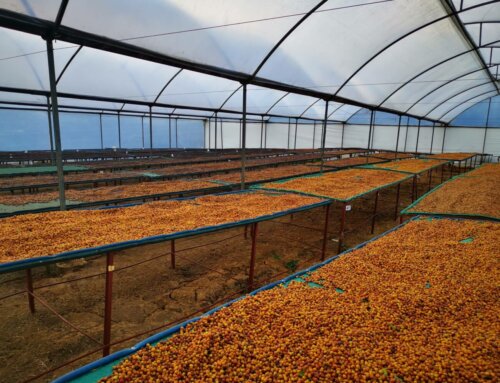Brazil
Elieser da Silva – Catucai Pulped Natural
Microlot
Region : Matas de Minas
Altitude : 1,380 masl
Process : Pulped Natural
Variety : Red Catucai
Q Score : 85.5
Aroma: Raspberry, chocolate
Cup: Very clean, excellent soft acidity, raspberry, stone fruit, chocolate.
Dominant Flavour

Secondary Flavour

An interview with Eliéser Carmelito da Silva :
In this translated interview from Portuguese (2020), we have the privilege of delving into the world of Eliéser Carmelito da Silva, a coffee producer whose family has nurtured a deep-rooted connection to coffee for generations.
Through this conversation, we gain insight into Eliéser’s journey in the coffee industry, the transformative role of the HRNS project in Brazil, and his aspirations for the future.
With gratitude in his heart, Eliéser expresses his appreciation for the support and opportunities provided by HRNS, emphasizing the impact it has had on his family, community, and the pursuit of producing exceptional coffee.
Let’s explore Eliéser’s experiences, challenges, and unwavering dedication to the craft of coffee production !
Could you tell us a little bit about your family:
My wife’s name is Rosângela Moura Alves, she is 35 years old. We have a nine-year-old son, Salomão Alves Carmelito.
How did you get into coffee ?
Coffee is a family tradition. My grandparents purchased the land and began planting coffee trees. My parents took over and eventually passed it down to me.
I am proud of producing such a marvelous product with my wife, who is passionate about coffee and has done her best to help us do well.
How was your yield before the arrival of HRNS in Brazil?
Well, we were actually going through a rough patch in which we seriously considered giving up on coffee production as the price was so devaluated! The HRNS project was a turning point thanks to the assistance and guidance that their technicians offered.
We didn’t believe in it at the start, but today, we can really see the difference it has made. We are investing in greenhouse structures in the coffee plantation, innovating, and getting to know our coffee better. Anyway, I do not have words to fully express what HRNS is and has been for us.
Which new practices were implemented with HRNS’s help in Brazil?
Harvesting when the cherries are fully ripe, evaluation of cost of production, sustainability practices, and aggregating value in the sales of coffee.
What changed with the foundation’s support?
- With HRNS’s help, we were able to participate in competitions that gave our coffee recognition abroad and opportunity to sell it with aggregate value, therefore having the resources to invest in a cupping room to further improve our coffee quality.
- I have to mention the establishment of the cooperative COOPERFELIX, which is young and bears the community’s dreams. I, as the president, had the opportunity to carry out a specialty coffee contest for the associates, an event that sparked my community’s interest to work with great coffee and bring the producer and the buyer closer.
What are the struggles that still persist?
Thank God, things have improved since our participation in the Projeto Agricultura Familiar Força Café ( Agricultural Project Força Café). Our challenge, nowadays, is classifying the selected coffee and selling the lots that didn’t win any award at the auction.
Are you working on any improvement ?
We work closely with the technicians, who constantly remind us to analyze the soil and help us manage the cost of production. Through careful planning and targeted actions, we are spending less and producing more making the farm a little more sustainable.
Have you seen an increase in harvest quality ?
Over the past few years we have made improved our picking practices, selected and harvested cherries at the right time. We have also improved our drying method resulting in 40% of our crop being classified as specialty and bringing us many benefits.
How does climate change affect your production?
It is the first time we registered a granulation of the blooming beans, the loss was shocking.
Is your son interested in the coffee farm ?
My son is only nine, but I believe he will be my successor and continue to produce high quality coffee.
My wife is highly involved in the harvesting, drying, recording, and final manual separation, which ensures better quality. Without her, I wouldn’t be able to deliver high-quality coffees.
Do you have any plans for coffee production in the future?
I want to keep improving and help my neighbors, who have followed our process, and have the opportunity to sell their coffees too. I would like our region to get more recognition and valorization in the coffee growing area.
Any messages for the sponsor of the project?
Well, I hope that with my few words they can understand the gratitude I feel for participating in the Projeto Agricultura Familiar. I’m grateful to have you as partners in my family’s journey, it is an honor for being acknowledged by such an amazing organization, thankful for the several prizes I received, and though the journey is long and we are still far from the end, what we have accomplished until now has made a huge difference for me and my family; we are going to ” roll up our sleeves” and continue this journey with more dedication than ever.
I have only grateful words to HRNS, I ask to continue believing in our work, and hope we can continue as partners and friends .
Location:

